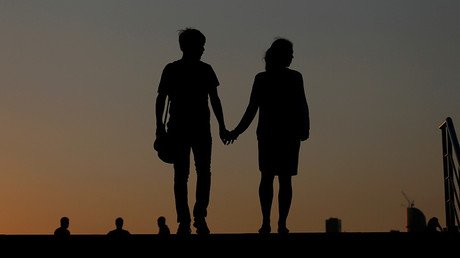'No sex please, we're Millennials' iGeneration doesn't like it hot

The number of Americans born in the 1980s and 1990s who have had no sexual partners as adults has significantly grown over the past decades, a recently-published study has shown.
“Contrary to popular media conceptions of a 'hookup generation' more likely to engage in frequent casual sex, a higher percentage of Americans in recent cohorts, particularly millennials and iGen’ers born in the 1990s, had no sexual partners after age 18,” reported a study of sexual inactivity during young adulthood, published in the Archives of Sexual Behavior this week.
Fifteen percent of young adults in the US, aged between 20 and 24 years old, have had no sexual partners since age 18, it says.
The data, which is based on the General Social Survey, spanning nearly 27,000 adults in the US, shows that Americans who were born late in the 20th century, also have lower rates of sexual activity in the adulthood.
READ MORE: Female orgasm: Mystery solved?
The research examined "age, time period, and cohort/generational changes in sexual experience," and showed that the number of the so-called millennials, who have been sexually inactive in adulthood has increased more than twice, compared to Generation X.
Among the latter, born in the 1960s and 1970s, six percent have had no sexual partners since age 18, the study says, adding that the shift towards having less or no sex is "more pronounced among women and absent among Black Americans and those with a college education."













